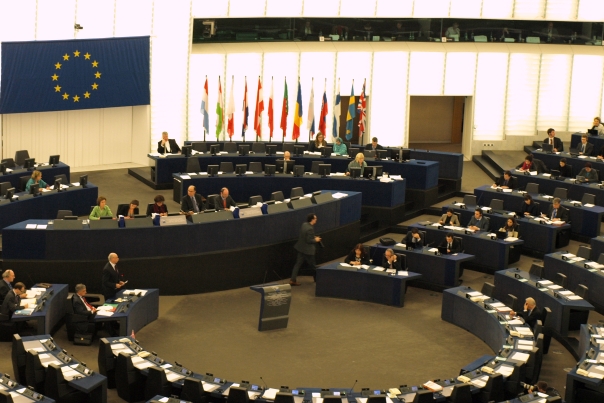Like many of us in the world of business and enterprise (and local government), I am curious about how blockchain could change my world.
Wikipedia’s definition is:
Blockchain is a distributed database that maintains a continuously growing list of records, called blocks, secured from tampering and revision
One of the earliest moments when my interest was really piqued was reading about “smart contracts”.
Wikipedia’s definition is:
Smart contracts are computer protocols that facilitate, verify, or enforce the negotiation or performance of a contract, or that make a contractual clause unnecessary.
Wikipedia does make it clear that there are different ways of defining smart contracts but one of the early examples of a practical implementation is that of Ethereum, a blockchain platform featuring smart contract functionality.
Smart Contracts could transform the way the world does business by giving certainty of performance and settlement. The international freight industry is likely to be one of the early adopters of this technology. Potentially it can significantly reduce the paperwork and simplify global shipping transactions.
The financial services industry, including banking and insurance sectors, is at the forefront of developing applications for blockchain and smart contracts. They see efficiency gains which could transform their cost bases.
Blockchain takes automation out of the world of manufacturing into the service sector, especially the professions. Imagine how much greater efficiency could be achieved in the UK if it was applied to the buying and selling of houses. The role of lawyers in conveyancing would be dramatically reduced, especially if blockchain technology is applied to the Land Registry.
The role of the professional adviser will become simplified and focused on the establishment of trust between the parties to a contract. Many contractual relationships already become quickly standardised and the role of lawyers and accountants substantially reduced. Hopefully, the number of disputes will reduce as well.
Accountants may find the purpose and definition of Auditing is transformed as accounting systems adopt blockchain technology, which by definition makes records and transactions immutable and beyond doubt.
Finally, bureaucrats and civil servants may find their raison d’etre being removed. The rubber stamp manufacturers of the world will suffer a dramatic reduction in demand.
So while blockchain technology is still some way from solving some of its key technical challenges, it poses a clear threat to certain sectors, including the public sector and professions. Consequently, the most predictable form of resistance will be a deluge of regulation and legislation to re-insert complexity into a concept which has the potential to simplify the world.
Despite this risk, the world of commerce may make the acceptance of blockchain irresistible. Early adopters will be driven by the competitive advantage they hope to achieve. As history tells us, eventually horse-based transport was replaced by the automobile. Blockchain technology brings us to a similar fork in the road and I, for one, hope the change will mean less bureaucracy and greater efficiency and productivity.


